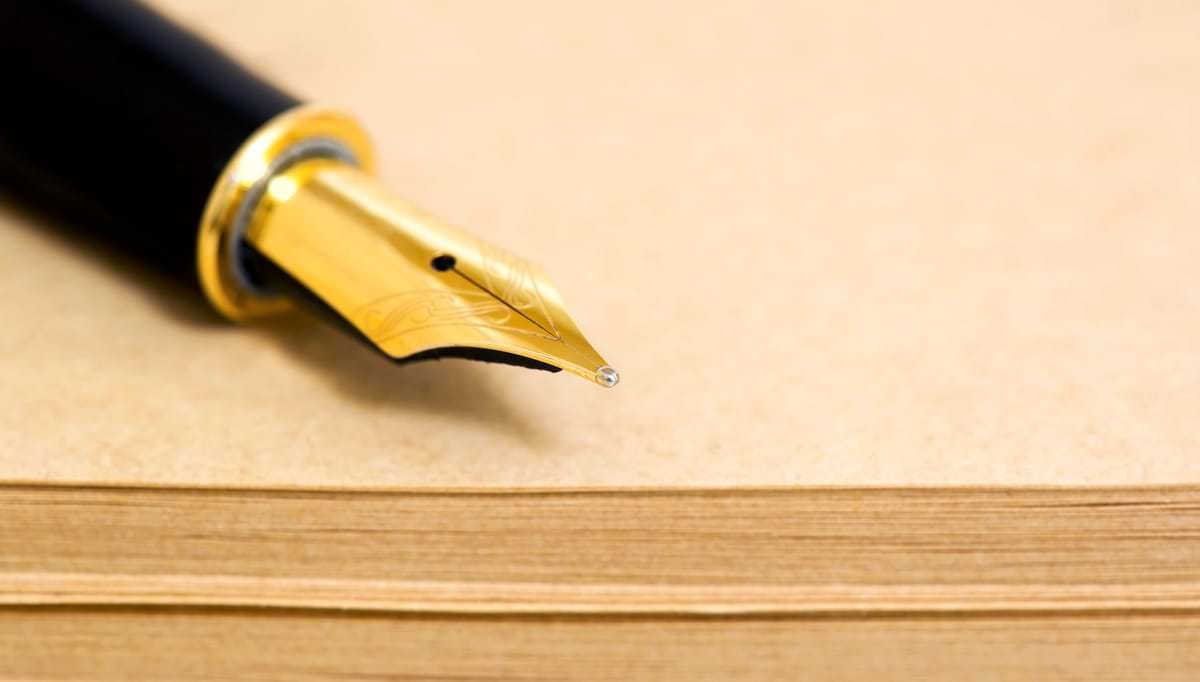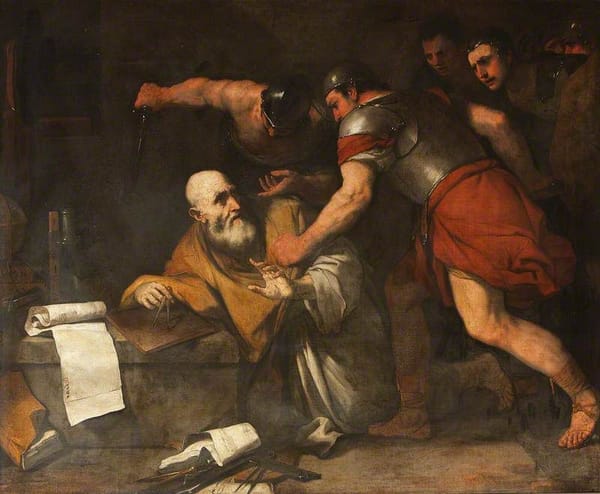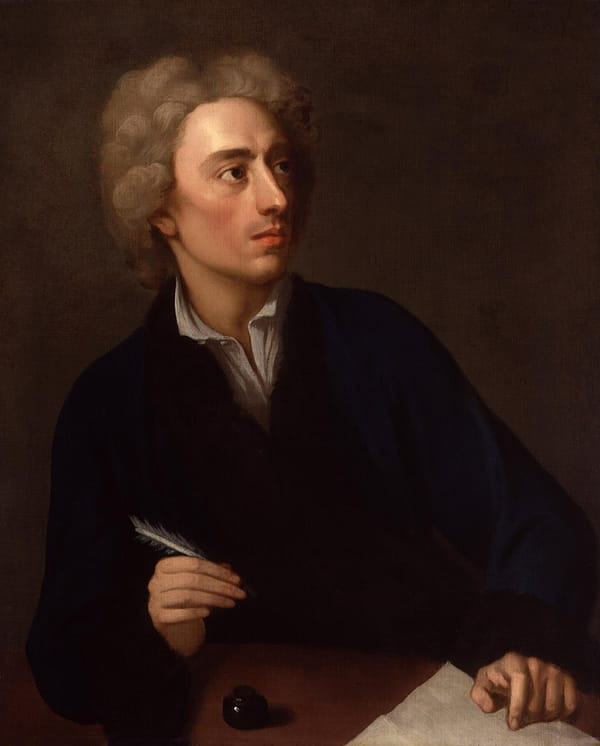Poetry Terms

When writing poetry, there are many terms that you need to know. Some of these are more common, while others are rarely used in ordinary speech. This is a list of some poetry terms and their definitions.
Alliteration is when a writer uses the same letter to start new lines over and over.
Assonance is when two different words next to each other have the same vowel sound but a different consonant sound.
A ballad is a poem written to be sung along with music.
A couplet is when two consecutive lines rhyme and form a complete thought.
Imagery is the name given to elements of a poem that spark an image in your mind.
Lyric Poetry is a short poem which expresses the writer's feelings.
A metaphor is a direct comparison between two things, without using “like” or “as”.
A meter is how the poem is divided up in lines or verses, as to rhyme. A scansion is how the poem is divided into feet by how long syllables are.
Onomatopoeia is naming a thing or action by what sound it makes or what properties it has.
Parallelism is the repetition of grammatical elements, such as nouns and verbs.
Personification is giving human-like qualities to things or creatures, such as “the dog smiled”.
Refrain is a verse, line, or group of lines that repeat every time the poem divides into different sections.
Rhyme is when identical syllables sound the same or very similar in different contexts.
A rhyme scheme is a pattern of sounds that repeats at the end of a line or stanza.
An end rhyme is where you find a rhyme at the end of two or more lines.
Internal rhyme is a rhyme that happens in the middle of lines instead of at the ends.
Rhythm is the pace of poetry, or which syllables are emphasized, kind of like bolding text.
A simile is another comparison which uses “like” or “as”.
A sonnet is a type of poetry that has 14 lines.
A speaker is the person reading the poem, usually out loud.
A stanza is a group of lines.
A symbol is an object that represents an idea.
Hyperbole is a figure of speech which exaggerates an idea to emphasize it.
A cliché is a saying that has been repeated so many times, it has become common.
A figure of speech is a word or phase that has a separate meaning than what it literally means.
A pun is a figure of speech that uses similar-sounding words to convey a meaning, often used as a joke.
The tone of a poem is the attitude of the poet towards the part you are reading (or to the whole poem).
Free Verse is a form of poetry that doesn't follow any set rules.
Diction refers to the choice of words that a writer uses to convey an idea.
Figurative language is a way of expressing yourself without using that word's exact meaning.
An idiom is an expression that presents a non-literal meaning to a word.
Irony is the contrast between how things seem and what they are.
Connotation is something suggested by a word or thing, or an implication.




